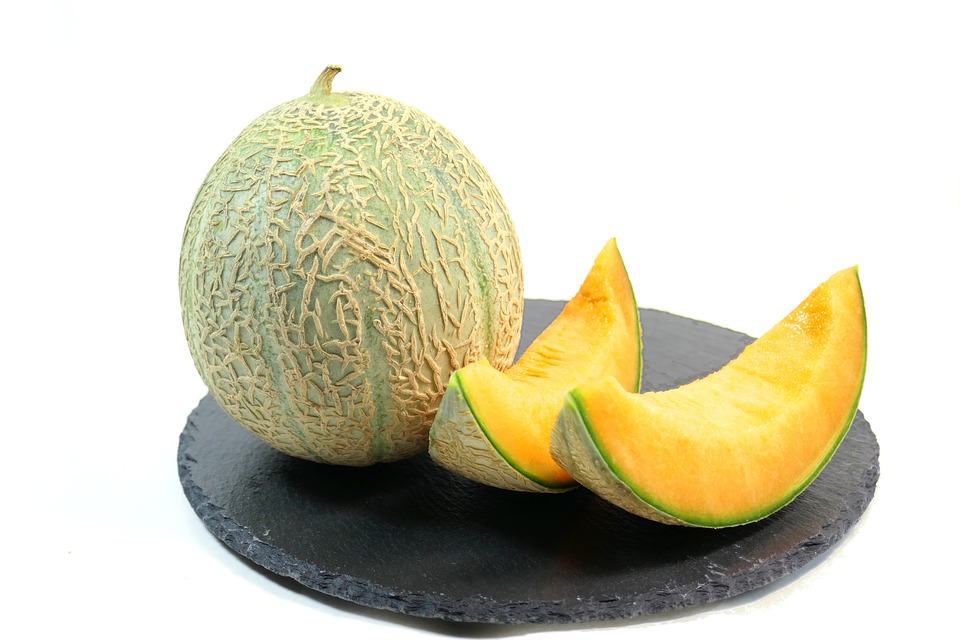
We have already addressed whether you can or can not feed rabbits watermelon and other fruits, but where does melon fit into that? After all, watermelon and melon are not in the same family and watermelon actually has more in common with cucumber than it does cantaloupe. And we’re saying that because it’s in the same family, not just because we have a thing for alliteration.
Okay, maybe a bit of that too.
Anyway, we digress, are you okay feeding your rabbits cantaloupe melon?
Can Rabbits Eat Cantaloupe Melon?
The short answer is yes. The long answer is, well, it’s the same, we’ll probably just use more flowery language.
However, it’s important to note that rabbits should feed primarily on fibrous foods, including grasses and hays, as well as a small amount of vegetables. Too much fruit will cause digestive upset, especially if they have previously subsisted on a diet of pellets and hay. We know from personal experience how quickly a rabbit can become unwell when it comes from a diet of pellets and hay to a diet with a lot of vegetables and a little fruit.
Luckily, our little floppy eared friend was okay after a visit to the vet and a little injection to speed up his digestive system. But seeing your bunny tired and lacking their usual energy is not nice, so make sure you keep a close eye on their diet and don’t feed them too much cantaloupe.
Wild rabbits can eat cantaloupe as well and they often do, as you will discover if you have a farm with a crop of your own. You should avoid feeding your rabbit any of the seeds though. They may choke on them and because they can not vomit, such an incident can cause all kinds of problems.
Can Rabbits Eat Honeydew Melon?
This melon tends to be a lot sweeter, which typically means more sugar. A rabbit’s diet should have very little sugar, so as with cantaloupe, it’s not recommended. You’re welcome to try them on a very small amount, but don’t make it a regular thing and keep them away from the seeds and the rind.
Rabbits tend not to greed from humans like cat and dogs do (we actually have a cat who adores melon, but they really shouldn’t be eating much of this stuff either) so there’s no worry about feeling guilty when you’re eating it. There’s also little chance of them sneaking a bite or two of melon without you knowing, because they lack the agility and sneakiness of cats and dogs.
If they are eating it then it means you are willingly feeding them it and because you’re doing this you should have full control and you should know that anything more than a teaspoon size piece a day, and more than 2 teaspoons a week, is simply too much of this fruit.
Obviously, the same goes for melon juice as well. There are rabbit owners who will add fruit juices to their bunny’s water in order to lure them into drinking more, which can help with several conditions. However, melon is not really suited to this and you should use a little carrot juice or even a carrot extract (bought specifically for this purpose).